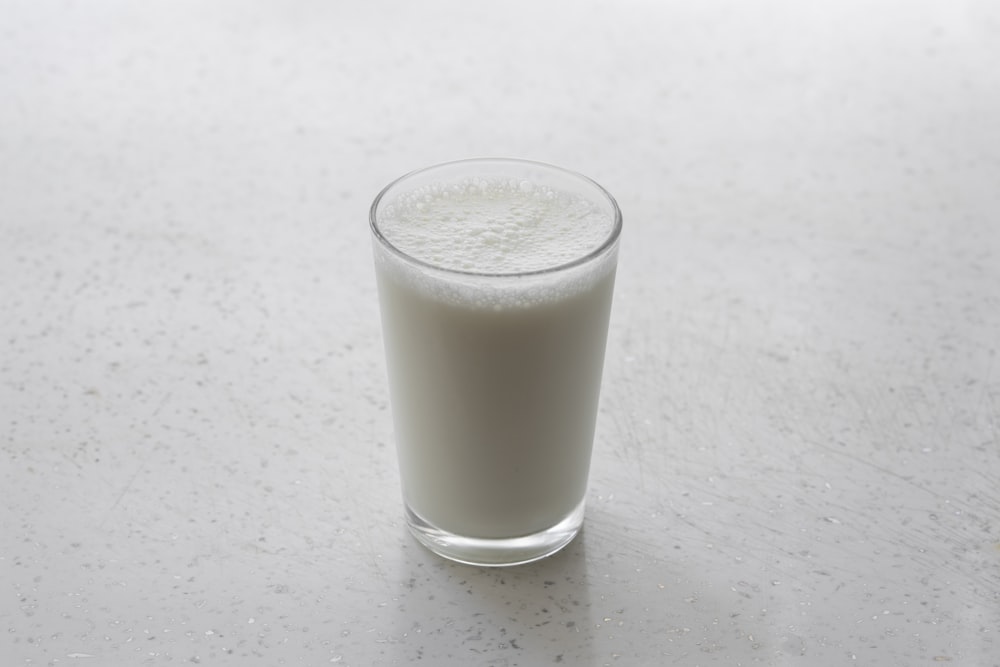
4 Helpful Health and Wellness Tips for Winter
To maintain good health and wellness throughout the winter, you should be staying active, hydrated, and more!
Winter brings soft, white snow, low temperatures, layered clothing, and fun activities like ice skating, skiing, and snow tubing.
In addition, colder seasons are known for the common cold, flu, and even depression for some.
Whether you find the season to be a beautiful time of year or a challenge, a nutritious diet and active lifestyle, can improve your well-being this winter.
Here are some helpful tips to support your health and wellness throughout the season:
Get Vitamin D
During the winter months, we tend to stay indoors more often which means that we are getting less sunlight.
As a result, our body’s ability to make vitamin D is reduced. Vitamin D is an important nutrient that helps build and maintain healthy bones, teeth, and muscles.
Our bodies make vitamin D when the skin is exposed to sunlight. If our bodies are unable to make vitamin D, it may cause a shortage or deficiency.
To combat this, include vitamin D rich foods such as salmon, tuna, and mushrooms into your meals. Vitamin D is also added to some foods, these are known as fortified foods. Examples include: milk, orange juice, yogurt, and ready-to-eat breakfast cereal.
Vitamin D supplements may also be helpful but only under the guidance or recommendation of your doctor.
Eat Plenty of Produce
Fruits and veggies are packed with nutrients that will support your immune system.
Our immune systems help our bodies fight off infections and diseases, such as the common cold and flu.
For the best selection and pricing, choose produce that in-season such as apples, kiwi, oranges, sweet potatoes, beets, winter squash, and carrots.
We also recommend eating different colors of produce, so that you receive a variety of vitamins and minerals. For instance, consider adding sliced pears and blueberries to your oatmeal at breakfast for a boost of vitamin C and antioxidants.
Vitamin C supports our immune system and antioxidants protects our cells from damage.
Stay Hydrated
Cold weather is no excuse to miss out on fluids.
In fact, dehydration or a lack of fluid may be higher during the winter months because people are less likely to notice signs of dehydration, such as thirst, under the mask of the cold weather.
As we layer ourselves in warm clothing, our bodies work hard to regulate our internal temperature by doing things like sweating.
As a result, we lose water from the body. If we don’t replace the loss fluids, we could run the risk of becoming dehydrated which can be harmful.
Too much loss of fluid from the body can impact your mood, thinking ability, and cause constipation. If left untreated, dehydration can also lead to infections and damage to organs like the kidney and brain.
In general, we get most of our fluid from food and beverages. Keep hydrated by drinking plenty of water throughout your day. Teas, coffee, and soups count toward your fluid intake as well.
Stay Active
The cold weather can often be a barrier to staying active, but it doesn’t mean it isn’t possible.
Physical activity is one of the best ways to keep your physical and mental health in tip-top shape.
Not only does it offer improved sleep and a boost of immunity, but physical activity reduces the risk of chronic illnesses such as obesity, diabetes, and high blood pressure.
Stay active by doing things like: ice skating, exercising at home with a virtual class, taking a walk after dinner, or building a snowman.
Whatever you choose to do, make it fun and safe!
Warm up this winter with these healthy, cozy, and delicious, recipes:
Interested in learning more about eating a balanced diet? Our Just Say Yes to Fruits and Vegetables program provides free, exciting workshops on a host of nutrition and wellness topics. Email our nutritionist, Alyssa Advincula for more information: aadvincula@feedingwestchester.org.
For other nutrition questions or inquires, e-mail our nutrition resource manager, Monique Marshall at: mmarshall@feedingwestchester.org.






